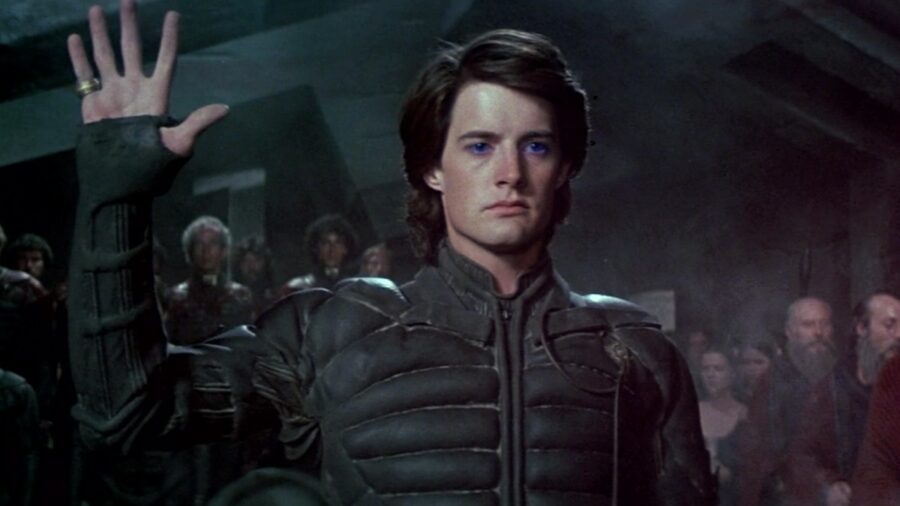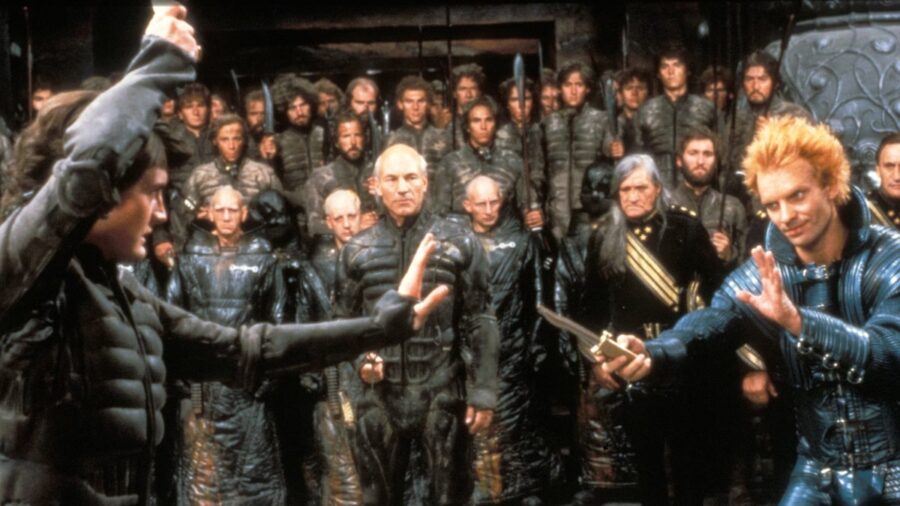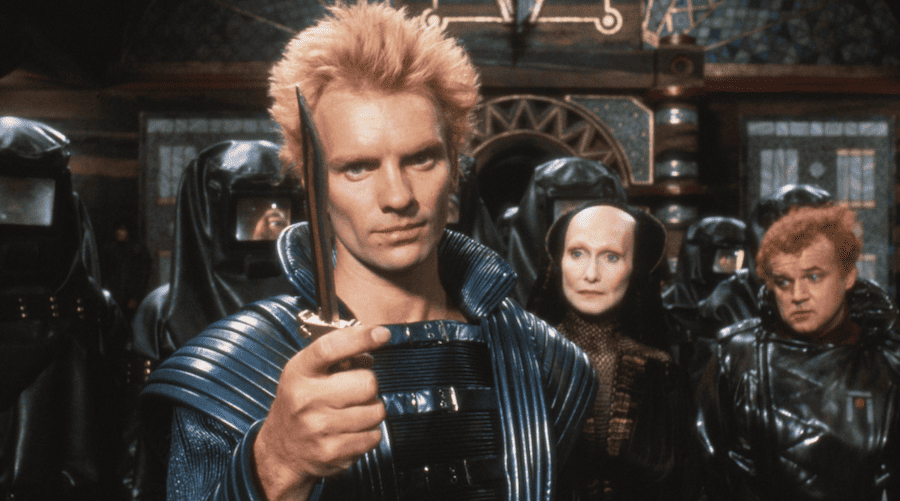The Sci-Fi Epic On Netflix That’s Still Incredible To See

David Lynch’s Dune is a film that lives in infamy. The ill-fated adaptation of author Frank Herbert’s classic novel is streaming now on Netflix, so whether you are dying to see it or desperate to avoid it, you have the information you need to do either. Regardless, the legend of Lynch’s Dune is one worth telling.
Considered either a wild success or a catastrophic failure, depending on who you ask, it’s impossible to tear your eyes away from David Lynch’s Dune.
In 1965, the novel Dune became a cultural phenomenon. The space opera tells a massive story, teeming with details of galactic politics, ancient prophecies, and a compelling rebellion. It centers on Paul Atreides, the son of a Duke who is thrust into leading a rebellion against a cruel imperial rival.
Arthur P. Jacobs was the first to option the rights to Dune. The savvy producer of the Planet of the Apes films was no stranger to science fiction. He even brought the legendary filmmaker David Lean on to direct.
Jacobs acquired the rights in 1971 and had until 1980 to put a Dune movie together, and he was on track. In 1973, he died of a heart attack at the age of 51, and with him went the first attempted adaptation of Dune.
Then came the producer/director combo of Jean-Paul Gibon and Alejando Jodorowsky. The Chilean filmmaker assembled a team that included Dan O’Bannon and H.R. Giger, who would go on to write and design Ridley Scott’s Alien. Jodorowsky also reached out to Pink Floyd to do music for the film.

Jodorowsky’s Dune had a full head of steam – maybe too much. Development spiraled into a 10-hour epic, and the project was no longer viable. Once again, the Dune movie was abandoned, but the failure gave life to a 2013 documentary that shines a light on Jodorowsky’s epic plans.
In 1979, producer Dino De Laurentiis purchased the rights to make Dune, and he was determined to make this attempt stick. He brought Ridley Scott, fresh off of Alien, on board to direct the project. After a few months of development, Scott got cold feet.
Following the death of his brother, Ridley Scott became turned off by the intense time commitment Dune would entail. Despite what he felt was a solid script from screenwriter Rudy Wurlitzer, Scott left the project and proceeded to direct Blade Runner.
David Lynch’s Dune was the fourth attempt at turning Frank Hebert’s novel into a movie.
In 1981, Dune was a do-or-die scenario for De Laurentiis. He renegotiated the option contract to include the book’s sequels and went to work on finding a new director for what had the potential to be the beginning of a massive franchise. Star Wars for adults was the goal, and that has been the pitch to naysayers and wary girlfriends ever since.
At that time, David Lynch was on fire. With Eraserhead and The Elephant Man, Lynch was quickly making a name for himself as a powerhouse filmmaker, and offers were pouring in. He was even approached about helming Return of the Jedi.
In the sea of David Lynch’s potential projects, Dino De Laurentiis swam the hardest. Lynch signed on to bring Dune to life, and the film was finally on the path to reach its destiny. The team went through draft after draft of the screenplay, with Lynch truncating a two-movie plan into a single screenplay.

With $40 million in their pockets, the team headed to Mexico, where De Laurentiis saw an opportunity to cut costs. Poor infrastructure and disease ended up slowing the production down considerably, but after six months, principal photography was finally complete.
A four-hour cut was assembled, then cut down to three hours. At the behest of the studio, Lynch and his editor, Antony Gibbs, had to get the film down to the standard two hours. The result was a celluloid bloodbath.
The world may never know which pieces of Dune lie on the cutting room floor, but apparently, there are a lot of them. Scenes were scrapped and reshot to hit the running time requirement, and David Lynch’s Dune became a textbook example of “studio interference.”
Dune came back into the mainstream following Denis Villeneuve giving the story the big-budget treatment it always deserved.
Critics crucified the film, branding it a monument to incoherence. Even David Lynch has distanced himself from Dune; he refused to discuss the film in interviews for many years after its release. Despite this, the film has its fans.
Dune is a cult classic, dripping with 80s charm and ringing with the ambition of a larger effort. Critics of the film are harsher than the deserts of Arrakis, but for many sci-fi fans, there is much joy to mined out of David Lynch’s Dune, and that joy is streaming now on Netflix.










